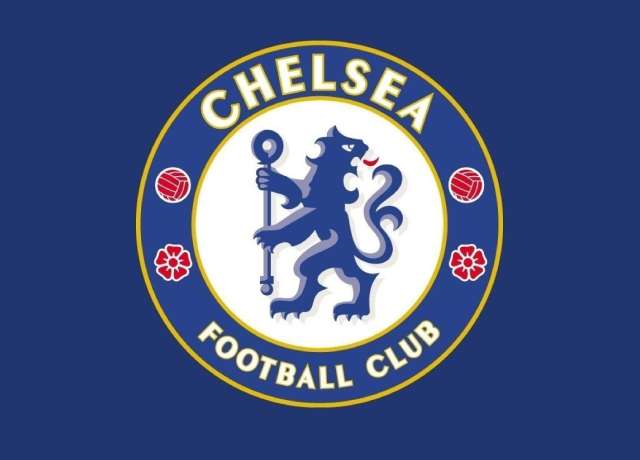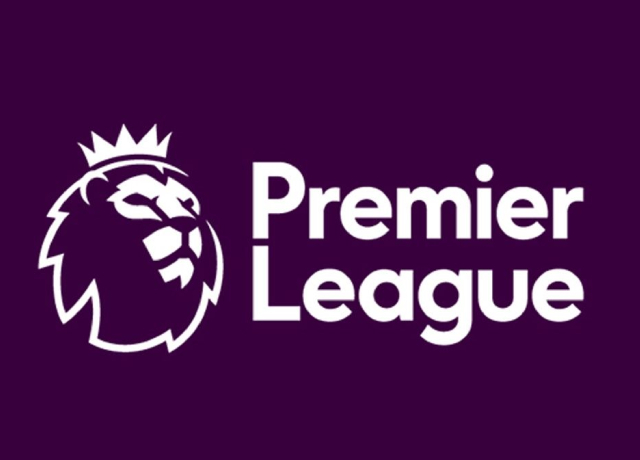Chelsea keeps spending its money on signing new players without going financially unstable and here’s how.
Chelsea’s latest addition, Romeo Lavia from Southampton for £53 million, brings their total spending under owner Todd Boehly to more than £850 million.
The Blues have spent more than £323 million on eight players this transfer window, more than any other team in Europe, and have set the Guinness record for the largest summer spend by any club, surpassing Real Madrid’s £292 million in 2019.
This total exceeds the £260 million spent last summer and the £288 million spent in January 2023.
They have spent around £175 million on Brighton players alone, which does not include the rumored £21 million compensation paid to the Seagulls for manager Graham Potter and his coaching team in September 2022, or the expense of firing him seven months later.
A substantial number of older players earning high pay, like Kalidou Koulibaly, Mateo Kovacic, and Cesar Azpilicueta, have left the squad, while the Blues’ new signings have an average age of just over 21.
Premier League Spending Rules
Chelsea must follow the Premier League’s profit and sustainability guidelines, which allow for cumulative losses of £105 million over three years. Any club with losses in excess of that amount may face consequences such as significant fines or even a point penalty.
If Chelsea qualify for Europe this season, they will also have to adhere to Uefa’s sustainability criteria, which limit teams’ spending on wages, transfers, and agent fees to 70% of their revenue over a three-year period, with losses of up to 60 million euros (£51.6 million).
The new rules will take effect in June 2022, replacing Uefa’s Financial Fair Play (FFP) laws, and clubs will have three years to implement them.
UEFA provides a long list of potential penalties for clubs that violate these rules, including warnings, fines, exclusion from tournaments, and even the loss of European titles.
Juventus were knocked out of this season’s Europa League for violating FFP rules between 2012 and 2019, while Chelsea were fined £8.57 million for violations committed during previous owner Roman Abramovich’s tenure at the club.
Manchester United was also fined 300,000 euros (£257,000) by Uefa in July for a “minor” violation of its rules.
Why Hasn’t Chelsea Got Any Penalties Yet?
Have you heard of the phrase ‘amortisation’? The transfer of Mykhailo Mudryk is frequently used to demonstrate this.
Chelsea has signed several of its players on long terms during the Boehly period, with Mudryk’s £89 million fee spread across an eight-and-a-half-year contract, meaning he only costs the club roughly £10 million each year on the club’s annual accounts.
While UEFA amended its rules this summer to limit the spread of a transfer price to a maximum of five years, Chelsea is not in Europe this season, so they are not concerned. The Premier League does not have the same restrictions.
When a club sells a player, the entire profit is immediately credited to the team’s account.
To use another example, Kai Havertz will pay Chelsea £71 million in 2020, which translates to £14 million per year over the course of his five-year contract.
But when he was sold to Arsenal this summer for roughly £65m he had about £28.4m of value still on the books for the final two years of his contract, meaning the Blues could earn about 36.6m of ‘profit’.
When you sell an academy graduate, you can deduct the entire value because there was no fee. So, when Chelsea transferred Mason Mount to Manchester United for £55 million this summer, the full figure was recorded as pure profit in the books.
Will Chelsea Succeed In Their Strategy?
Club accounts are issued nearly a year after the relevant transactions take place, therefore current data are an estimate. But we do know that Chelsea lost £121 million in the fiscal year 2021-22 before Boehly took charge. The previous season resulted in a £156 million deficit.
To balance the books during the life of their new acquisitions’ long contracts, Chelsea will need to continue raising funds, either through player sales, increasing commercial partnerships, or prize money.
There is also the risk of tying down players to long-term contracts who may suffer major injury or loss of form but will be difficult to sell because they have several years left on their contracts.
Chelsea’s approach is anticipated to include the return of European football, particularly the more lucrative Champions League, as well as a reduction in their salary structure.







